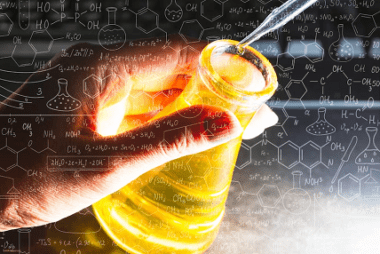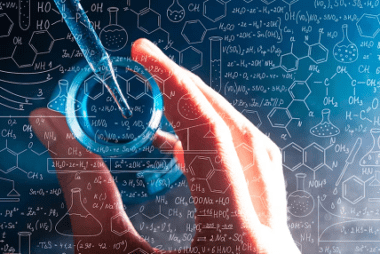JEE (Main+Advance) e-advance Course Amines
Amines are organic compounds that contain a nitrogen atom bonded to one or more carbon atoms. They are important compounds in both biological and chemical systems, and are commonly used in the production of pharmaceuticals, dyes, and other industrial products. In JEE (Main+Advanced) Chemistry, amines are usually studied under the topic of Organic Nitrogen Compounds.…









